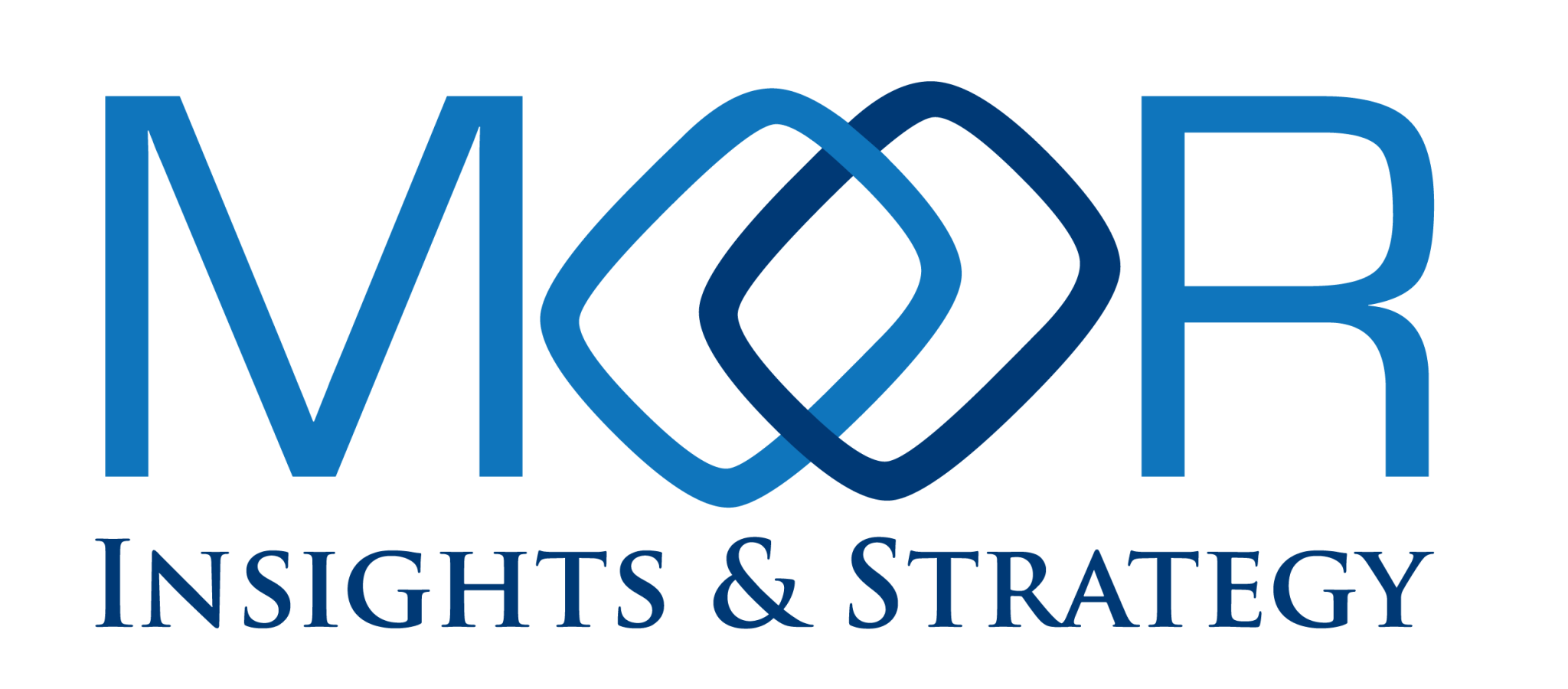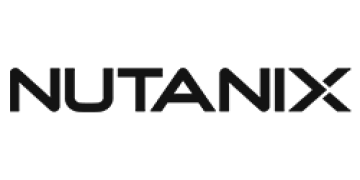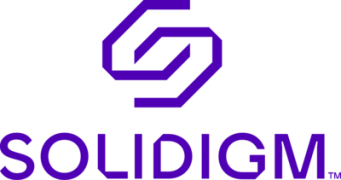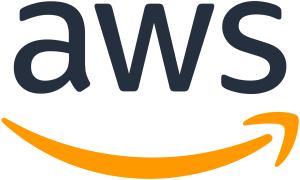In 2023, there were 2,814 reported global data breaches, compromising over 8.2 billion records across various sectors, with expectations for higher figures in 2024.[1] As of the first quarter of 2024, more than 30 billion records have been breached in 5,360 publicly disclosed incidents.[2] Among these, a massive breach involving 12 terabytes of information exposed 26 billion records from user data platforms such as LinkedIn, X (formerly Twitter), Weibo, Tencent, and others, marking it the most significant breach reported to date. These breaches have predominantly affected the telecom, public sector, healthcare, and manufacturing industries.
Many data breaches originate from software-as-a-service (SaaS) applications. Since they emerged in the late 1990s, these cloud applications have faced data security challenges related to responsibility, complexities of data integration, and human error. More than 80% of all data breaches are due to human involvement, including individual mistakes, credential theft, and social engineering methods like phishing.[3]
A key challenge with SaaS applications is the shared responsibility for data security, often unknown to the end-customer. While the provider secures the platform, customers are, in many cases, responsible for securing their accounts and data within the application. Data security measures from providers can contain weak encryption with limited access control options for protecting sensitive data in the cloud. This paper assesses the SaaS data protection market and highlights how to protect enterprise data in the cloud. HYCU has set itself apart in this field by covering a range of environments, such as on-premises, public cloud, hybrid, and SaaS platforms.
You can download the paper by clicking on the logo below:
Table of Contents:
- SaaS Landscape
- HYCU Delivers DPaaS with Its R-Cloud Platform
- Innovations in Automation and AI
- HYCU’s Technology
- Compliance Standards
- HYCU Ecosystem Expanding Through Partnerships
- Real-World Application by Industry
- Challengers
- Conclusion
Companies Cited:
- Amazon Web Services (AWS)
- Microsoft Azure
- Google Cloud Platform (GCP)
- Nutanix
- Okta
- Qstar
- Quantum
- SAP
- Scality
- VMware
- NetApp
- Backblaze
- Cloudian
- Exagrid
- Wasabi
- Dell Technologies
- Veeam
- Rubrik
- Cohesity
- Veritas
- Commvault
